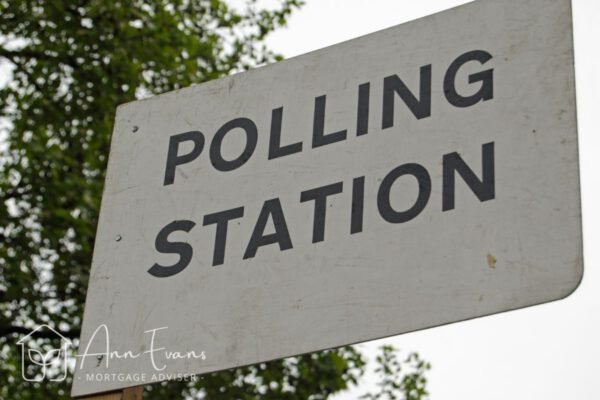In today’s challenging housing market, it can be hard for first-time buyers to get onto the property ladder. As a way of helping homebuyers struggling with affordability, some lenders are now offering mortgages with little or no deposit. Known as zero or low deposit mortgages, how does a 100% or 95% mortgage work?
A 100% mortgage allows borrowers to buy a property without any deposit. Instead, you would borrow the whole loan value of the home. As a comparison, a 95% mortgage allows you to buy a property with only a 5% deposit. This is known as a 95% Loan-to-Value (LTV) mortgage. The LTV ratio is the amount of money you can borrow compared to the property value. Usually, the higher the LTV, the higher the interest rate.
100% and 95% mortgages disappeared because of the 2008 financial crisis. But due to a lack of affordability for people trying to buy their first home, they have recently returned to the UK market. As with any type of mortgages, it’s important that you understand the terms.
Is Anyone Offering 100% Mortgages?
Skipton Building Society’s ‘Track Record Mortgage’ is the first major 100% mortgage without a guarantor requirement. You won’t need to pay a deposit and there’s no completion fee. Aimed at renters, Skipton uses your track record of paying rent as a key eligibility factor to see what you might be able to borrow. You must be aged 21 or over and to have not owned a property within the past 3 years.
You will need to provide proof that you have consistently paid rent for 12 months in the past 18 months. This needs to be equivalent or higher than the mortgage payments, and there cannot be any other missed debt or credit payments in the last 6 months. The borrowing limit is £600,000 over a 5-year fixed rate with a maximum term of 40 years. The LTV ratio 4.49 x income or 5 x income if you earn over £40,000.
Is It Worth Getting a 95% Mortgage Instead?
With a 95% mortgage, you might be able to borrow more in relation to your income as you would need to provide a 5% deposit. Similar to a 100% mortgage, certain eligibility factors will be considered – for example, not having previously owned a home in the last 3 years.
‘Helping Hand’ is a 95% mortgage offered by Nationwide, and you might be able to borrow up to 6 x your income. Single first-time buyers need an income of £30,000 to borrow up to £180,000. Joint borrowers need a combined income of £50,000 to borrow up to £300,000. This mortgage has a 5 or 10-year fixed rate and the amount you can borrow will depend on your individual circumstances.
95% and 100% Mortgages for First-Time Buyers
When it comes to finding a mortgage, a good-sized deposit will usually lower the interest rates available to you. However, many first-time buyers cannot afford large cash deposits, and this is where 95% and 100% mortgages could offer a solution. You might also be eligible for a ‘sole proprietor’ mortgage (using a family guarantor to help with affordability).
If you need a zero or low deposit mortgage, then I’m here to help. I enjoy helping people buy their first home. With access to over 90 lenders, I will research the market to find a suitable mortgage that’s right for you and your situation. You will be guided every step of the way.
Interested in zero or low deposit mortgages and need advice? Book a call today
YOUR PROPERTY MAY BE REPOSSESSED IF YOU DO NOT KEEP UP REPAYMENTS ON YOUR MORTGAGE
Sources:
https://www.skipton.co.uk/mortgages/first-time-buyers/track-record-mortgage
https://www.skipton-intermediaries.co.uk/criteria/track-record
https://www.nationwide.co.uk/mortgages/first-time-buyers/helping-hand-mortgage/




